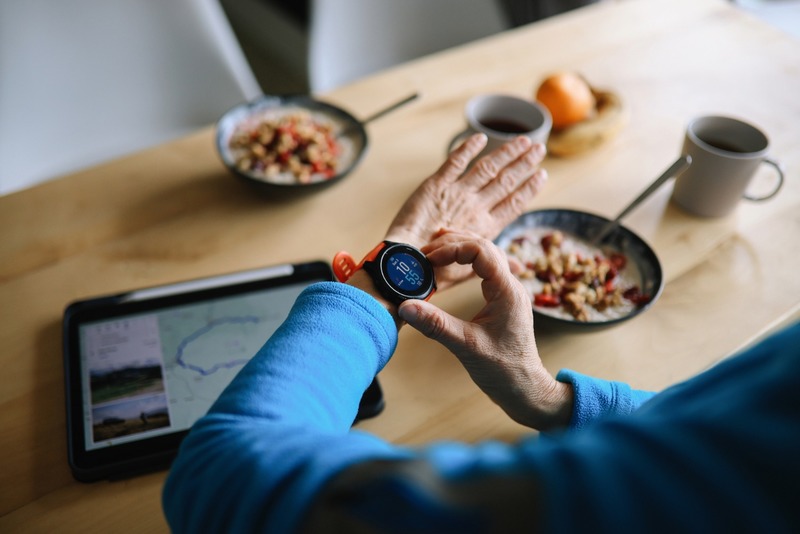News
What’s The Connection Between Phone Addiction And Teen Depression?

Most adults spend too much time on their phones, and it is harming their mental health. Dr. Charles Raison, psychiatrist and director of the Vail Health Behavioral Health Innovation Center, attributes some of the cause for rising depression and suicide rates to phone addiction. He wants to build a study at the center to examine how removing phones from the hands of teens may help their mental health.
Phone addiction contributes to rising depression, suicide rates
The average American spends over five hours per day looking at their mobile device. A recent study out of the University of Texas at Austin showed that adults who blocked mobile internet from their smartphones (but not texting or calls) for two weeks improved their mental health, subjective well-being and attention span. Of the more than 450 participants, 71% reported improved mental health. “The data that over the last 15, 20 years, depression has been increasing in the United States, I think it’s robust,” Raison said.Rates of suicide have also climbed. “That really suggests something is going wrong,” Raison said. “If you look at the rising suicide rate, it’s all in younger people. People under the age of 35, but especially … teenagers under the age of 24. Late adolescence, early adulthood — something is going wrong there.” Raison attributes the rising rates of depression and suicide, in part, to the mental impacts of phone use. “Studies are beginning to show that the phone is like a drug,” Raison said. “These phones are really, really addictive. They’re designed to be addictive.”
Read the full article >
More News
-
New!
More

First Chair to Last Call: What Does Alcohol Really Mean For Your Health?
In nearly every Colorado ski town, some iteration of the neon sign blares its play-hard-party-harder anthem. It’s a not-so-subtle nod to mountain party culture, a lifestyle that normalizes combining sports and outdoor adventures with heavy drinking and partying. In Eagle County, après culture, high-altitude living and outdoor performance have coexisted for as long as locals have been sliding on snow. But how much is too much at altitude? And what role do social support systems play in helping residents find balance?
-
New!
More

Counting More Than Steps: How Wearables Can Help (or Hinder) Your Health
From step counts to sleep stages, heart rate variability to blood sugar spikes, wearable devices are giving us a front-row seat to what’s happening inside our bodies. Strapped to wrists, slipped onto fingers or wrapped around our biceps, wearables like the Oura Ring or Whoop strap promise insight and advice in the quest for better health.
-
More

Cass Barham and Sarah Crabtree Honored As Recipients of Vail Health Elevate Award
Cass Barham and Sarah Crabtree, both lab techs at Vail Health Hospital, have been named recipients of the Vail Health Elevate Award. Vail Health created the Elevate Award in June 2022 to give patients and their families an opportunity to nominate and thank employees who have touched their lives in some way.
